Brazil’s would-be king and his two-bed rented home in São Paulo
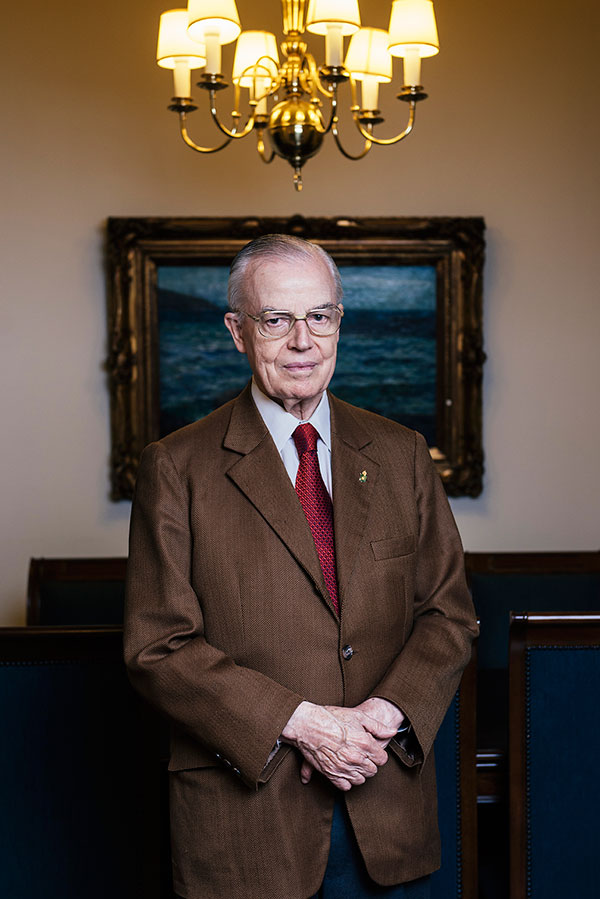
Simply sign up to the Life & Arts myFT Digest -- delivered directly to your inbox.
With bars on the windows and faint stains up its external mint-green walls, the two-bedroom rental property near São Paulo’s Pacaembu football stadium is not, it seems, fit for a king.
A Toyota Corolla sits in pride of place at the end of the driveway. Inside, piles of freshly washed dishes glisten under the fluorescent light of the narrow kitchen, where a plastic, blue water cooler sets off the orange hues of a flowery tablecloth. The bare downstairs bathroom boasts a solitary can of Airwick air freshener while, on the back patio, a man’s soggy shirts sway gently in the evening breeze.
This is not what readers of the FT want to see in an article about the illustrious “Prince Imperial of Brazil” — heir to Brazil’s defunct throne — his two elderly male assistants insist, ushering us to the front of the house.
We end up in what resembles a low-budget museum exhibit. Family portraits of monarchs alongside religious relics and a replica of Jesus’s crown of thorns fill the two reception rooms and a small adjoining dining area. The only vestige of the modern world outside is a credit card machine, ready to take donations from visiting members of Brazil’s growing monarchist movement who believe the only way to solve the nation’s current political crisis is to reinstate the royal family.
As the assistants try to interest the photographer in the garden instead, the household’s regal resident can be heard clomping down the wooden staircase.
“Your highness?” I ask. The 75-year-old does not even flinch at the grandiose address. His full name is Bertrand Maria José Pio Januário Miguel Gabriel Rafael Gonzaga de Orleans e Bragança e Wittelsbach; but he prefers just Bertrand Maria José Pio Januário Miguel Gabriel Rafael Gonzaga de Orleans e Bragança. We settle on Dom Bertrand.
We begin by confirming his royal claim to fame. He is indeed the great-great-grandson of Pedro II, Brazil’s last emperor, whose own grandfather King João VI of Portugal (Dom Bertrand’s great-great-great-great grandfather) fled to Brazil with the rest of the Portuguese court in 1807 to escape Napoleon.
In one of history’s sweet ironies, Dom Bertrand was himself born in France after his grandfather fled there when Brazil’s monarchy was overthrown in 1889, he explains, his perfect Portuguese distorted by a thick French accent.
Brazil was ruled by royalty for almost 400 years in total, first as a Portuguese colony from 1500, then briefly as the seat of Portugal’s kingdom and finally as an independent empire from 1822.
Despite being only the third eldest of 12 children, Dom Bertrand is considered by many as Brazil’s king-in-waiting. His eldest brother, Dom Luiz, 77, with whom he shares the house, is sickly and does not often appear in public. He remains upstairs during the entire interview and we are forbidden from making contact. Meanwhile, his second-eldest brother married a commoner, instantly relinquishing any claim to the throne.
“England used to have that rule too,” Dom Bertrand says. He is not a fan of Kate Middleton. “I prefer the ways of Queen Elizabeth,” he says. “Well-dressed, well-presented, dignified.” “Imagine if she also went out in blue jeans, what a disappointment that would be,” he adds, his placid tone disguising what begins to emerge as an acerbic conservatism and fiery temper. He suddenly bolts across the parquet floor to return a faded tapestried cushion to its rightful place on one of the worn leather armchairs, glaring at the photographer who had moved it.
As we switch to his favourite topic — the supposedly imminent downfall of the Brazilian republic — Dom Bertrand cheers up considerably.
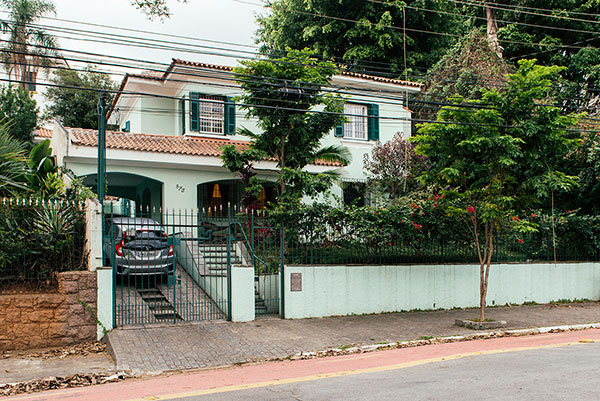
Impeachment proceedings against President Dilma Rousseff, who was suspended from office earlier this month, and the involvement of her socialist Workers’ party (PT) in Brazil’s largest-ever corruption scandal is all proof of what he has been saying for decades — that the republic was a bad idea.
The monarchy was abolished in the 19th century when the royal family’s coat of arms was supplanted by Brazil’s national green-and-yellow flag and the motto “Order and Progress”. Since then, however, there has been anything but — rather, a sequence of disorderly economic crises.
Some Brazilians argue that this chaos is necessary and that a rupture with the status quo is the only way to achieve progress. The huge investigation into corruption at the state oil company Petrobras, for example, has brought unmeasurable disorder to Latin America’s largest economy but is also seen as a watershed moment in the progress of Brazil’s judiciary.
Dom Bertrand is not convinced. “A republic corrupts,” he says. “Queen Elizabeth does not need to buy votes and she has a level of popularity that no head of state has.” Brazilians love the British royal family. It follows that they must want their own, he adds.
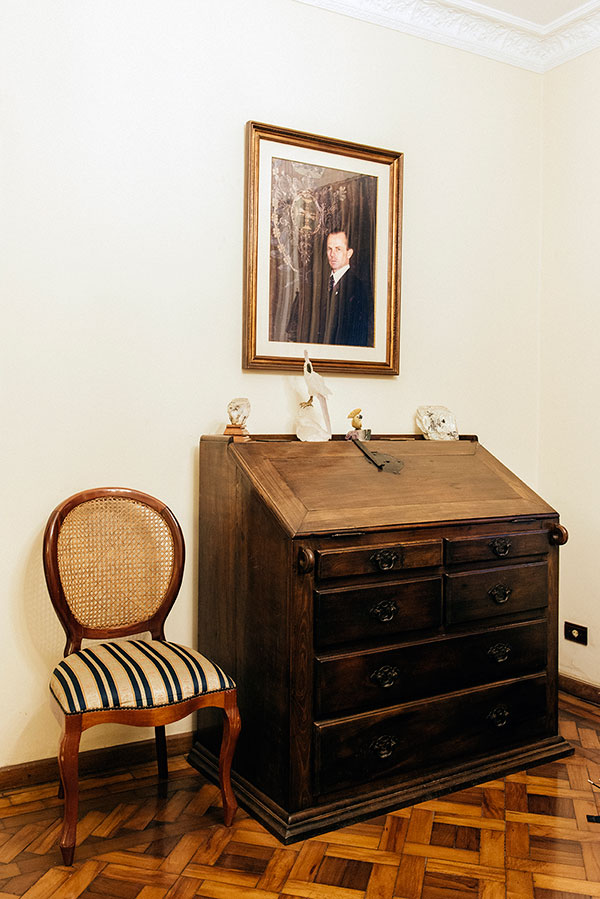
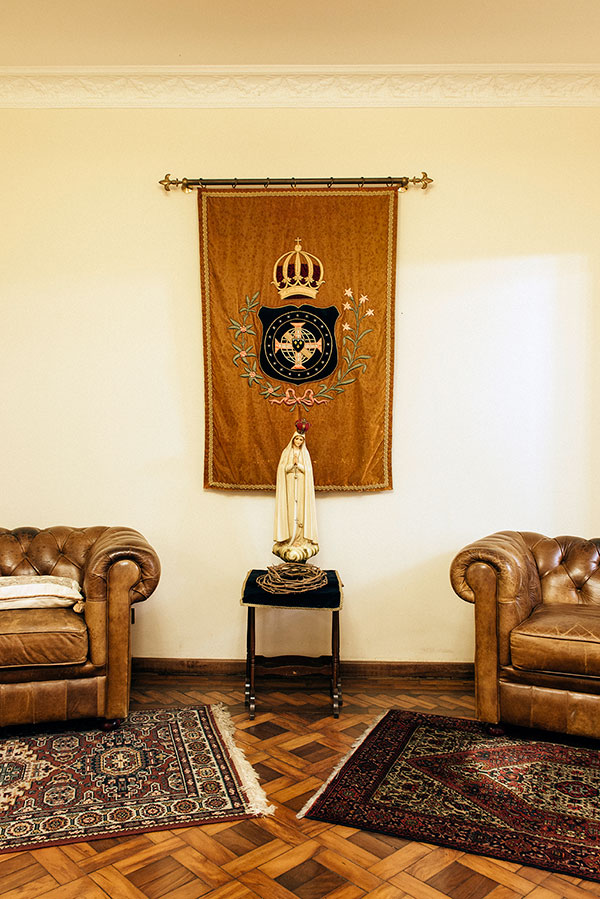
He also points to the recent mass anti-government protests across Brazil, where demonstrators have vented their anger, not only at the PT but at politicians in general. Dom Bertrand even braved the crowds on a few occasions to take selfies with adoring royalists.
While growing numbers of Brazilians are calling for the restoration of the royal family, others are demanding the return of the country’s military leaders — a measure, some say, of Brazilians’ desperation and the intellectual bankruptcy of their political system.
After Brazilian president Fernando Collor de Mello was impeached in 1992 for corruption, a constitutional referendum was held to decide the country’s form of government. Almost 7m people, about 10 per cent of Brazilians who voted, wanted a monarchical regime.
Facebook pages calling for the monarchy’s return currently attract only about 25,000 followers, but Dom Bertrand is convinced that, with enough campaign funding, he could win a referendum.
It is a cause to which he has devoted his life. He never made his brother’s mistake in getting married. “I wouldn’t have the time I do now,” he says, citing daily speaking events and meetings. Any spare hours are spent reading, largely history books and biographies of religious figures. “There are no televisions here,” he scoffs. It later emerges he has watched a considerable number of Downton Abbey episodes on his laptop.
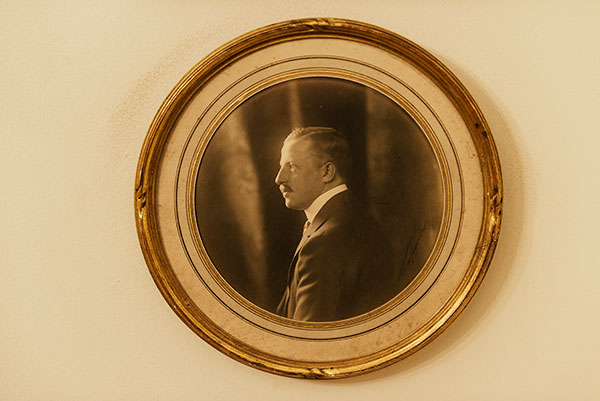
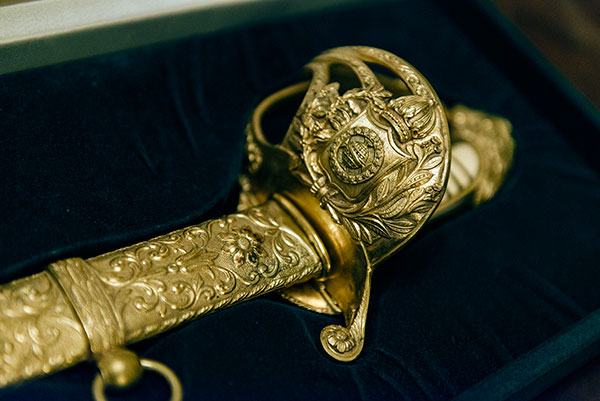
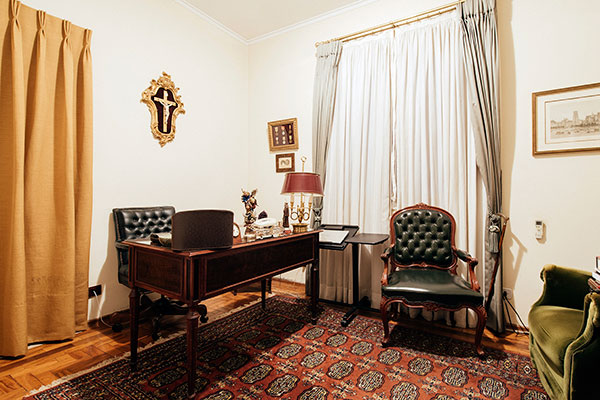
After returning to Brazil at the age of four, Dom Bertrand grew up in the southern farming state of Paraná before moving to São Paulo to study law. It was here he grew close to the country’s landowners and agriculturalists. Brazil’s rapid growth over the past decade was because of its heroic efforts to meet China’s voracious demand for commodities, he says. “It was not because of the PT party; it was in spite of the PT”.
While he insists a reinstated monarchy would be non-partisan, he does not hide his hatred for the party that had ruled Brazil for 13 years up until this month. They are “Marxists” who want to “turn Brazil into a Soviet Republic” and “paralyse agricultural progress because communists like misery”.
Global warming? It is a myth created by the “reds” and “eco-terrorists”, the PT included. He has written a book on the subject, in its fourth edition in fact, he states proudly. The preservation of indigenous communities? Another communist tactic. “Indians don’t want to live in a zoo.” What about claims of slave labour on some of Brazil’s sugarcane plantations? Also tosh, he says. The latter is perhaps his most controversial affirmation given it was his own great grandmother, Princess Isabel, who fought to abolish slavery in 1888.
As night falls on the musty house and the 21st century begins to seem like a distant memory, we get down to the practicalities of being king. For a start, the crown would have to be retrieved from the museum at the imperial palace in Petrópolis, near Rio de Janeiro. I ask if he would leave behind the Toyota and mint-green walls and move back there. Dom Bertrand laughs, flashing me an incredulous look. “That was just the summer residence,” he says. “There are some nice palaces in Brasília though.”
Samantha Pearson is the FT’s Brazil correspondent
Photographs: Filipe Redondo
Comments